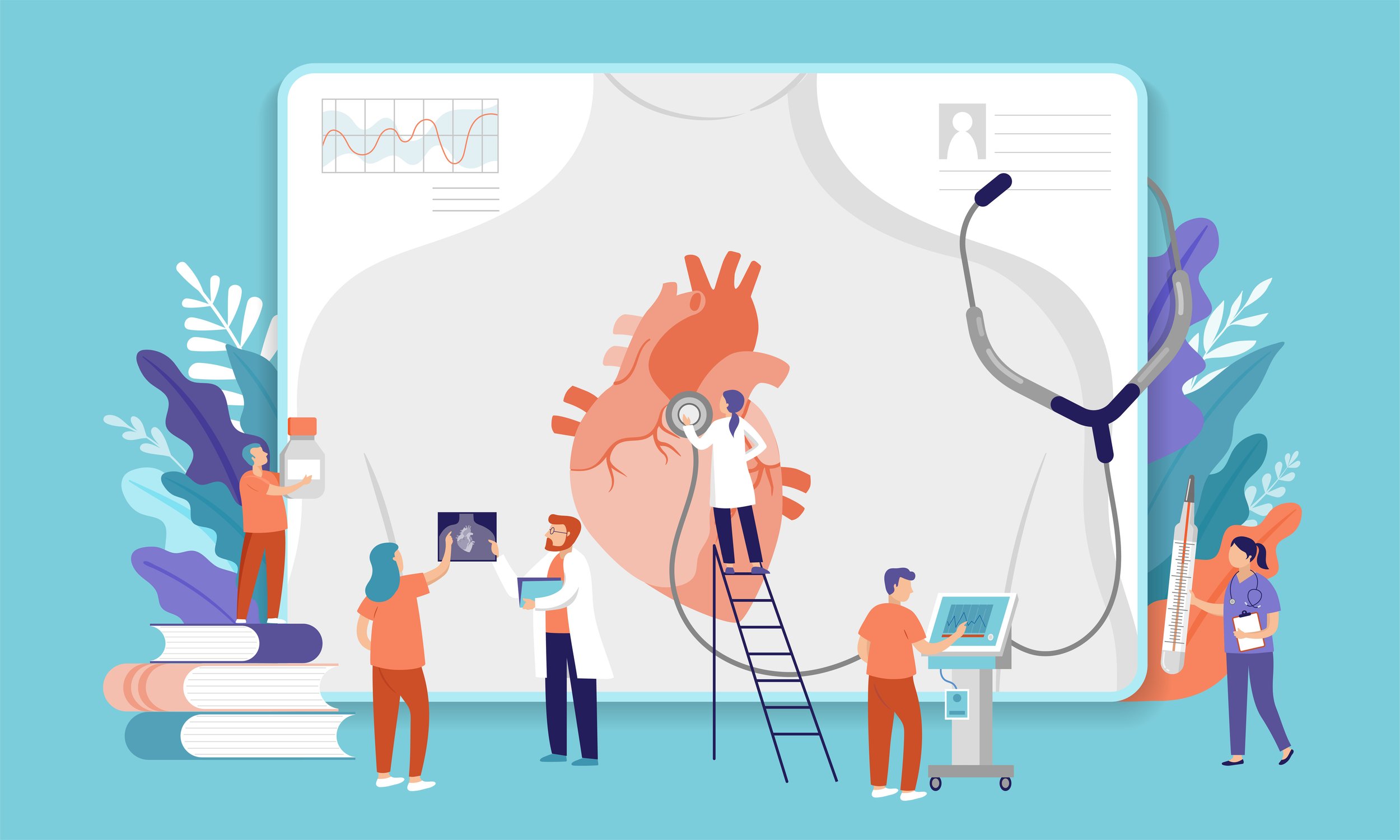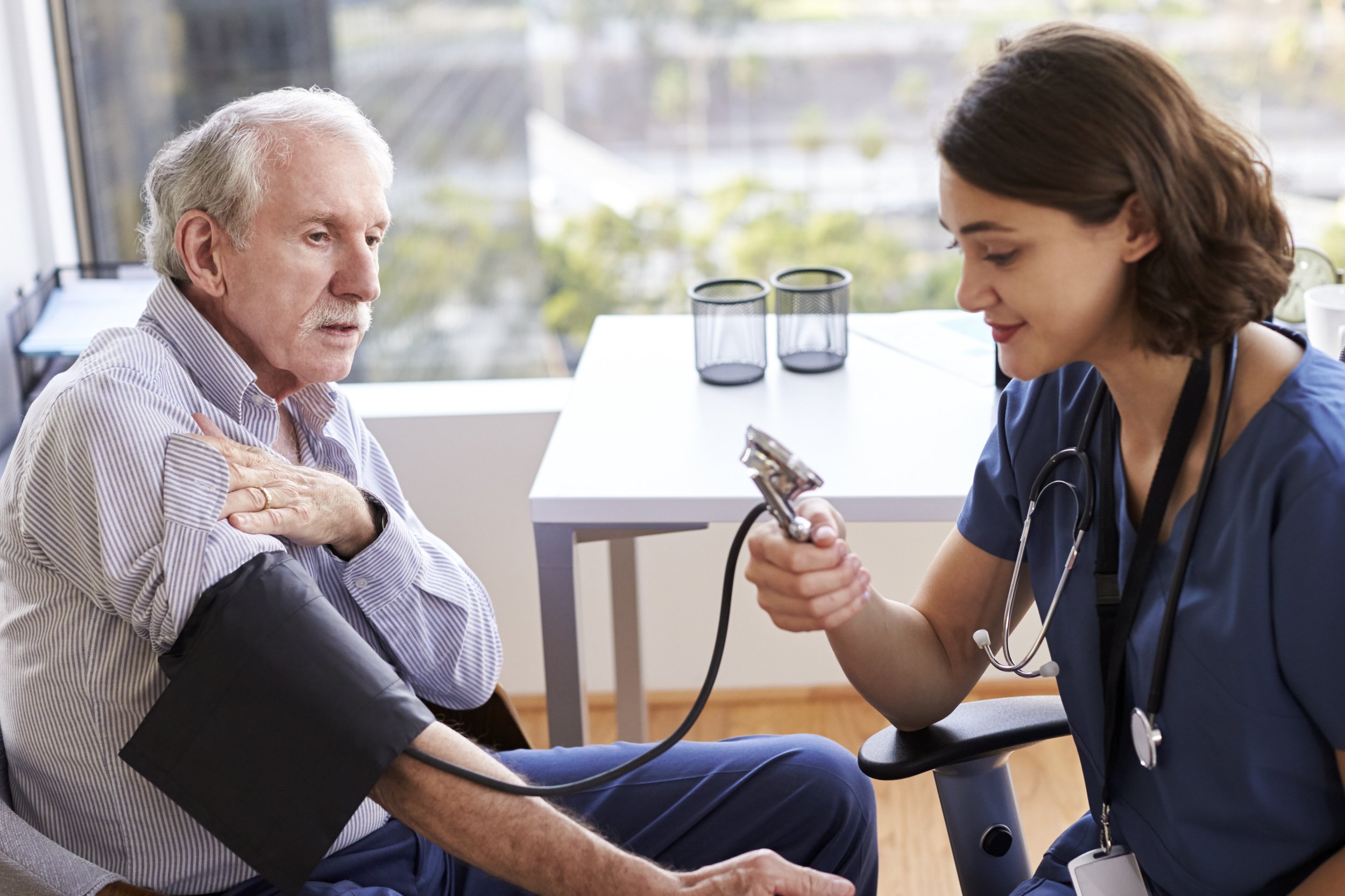
7 ways to reduce your risk of stroke by Dr Gosia Wamil- ‘Stylist’ article

Dr Gosia Wamil discusses the use of wearables in cardiology- BBC

Read articles by Dr Gosia Wamil

An expert guide to heart health

The truth about the safety of statins- Telegraph

Mayo Clinic Minute: Strategies to break the heart disease and diabetes link
Heart disease remains a leading cause of death around the world. And diabetes is one of the risk factors for heart disease. Diabetes is a growing global health concern with more than 422 million people living with this metabolic disorder —the majority of those with Type 2 diabetes.
Dr. Gosia Wamil, a cardiologist at Mayo Clinic Healthcare in London, has long been researching the link between diabetes and heart disease. She says for people with diabetes, there are new treatment strategies.
____________________________________________
For the safety of its patients, staff and visitors, Mayo Clinic has strict masking policies in place. Anyone shown without a mask was recorded prior to COVID-19 or recorded in an area not designated for patient care, where social distancing and other safety protocols were followed.
FOR THE PUBLIC: More health and medical news on the Mayo Clinic News Network. https://newsnetwork.mayoclinic.org/
FOR THE MEDIA ONLY: Register at https://newsnetwork.mayoclinic.org/re... to access clean and nat sound versions of this video on the Mayo Clinic News Network. https://newsnetwork.mayoclinic.org/
Mayo Clinic https://mayocl.in/3tNMAdF Follow Mayo Clinic on Instagram: https://www.instagram.com/mayoclinic/ Like Mayo Clinic on Facebook: https://www.facebook.com/ Follow Mayo Clinic on Twitter: https://twitter.com/MayoClinic

Mayo Clinic podcast: Role of Non-invasive Cardiac Imaging in the Management of Coronary Artery Disease
Joining us today to discuss the role of non-invasive cardiac imaging in the management of coronary artery disease (CAD) is, Gosia Wamil, M.D., Ph.D. at Mayo Clinic in London, England. Dr. Wamil specializes in heart failure, cardiomyopathies, and advanced cardiac imaging. Tune in to learn more about the role of non-invasive cardiac imaging in the management of CAD.
Specific topics discussed:
• Why should non-invasive imaging be considered when assessing patients with CAD?
• What do we need to consider when choosing the right test for a patient?
• How do you choose between anatomical and functional imaging test?
• What are the advances in cardiac imaging that are most promising?

Mayo Clinic Q&A podcast: Reducing the risk of heart failure
Mayo Clinic Q&A podcast: Reducing the risk of heart failure - Gosia Wamil expert in heart failure explains

Heart failure: The not-so-intuitive sign in your tummy that could mean heart failure
MOST signs of heart failure are "intuitive". Breathlessness, chest pain, and a rapid heartbeat are some of the signs most people know. But there are other signs that "people may not associate" with the disease, explains a cardiologist.

Predicting heart failure in people with newly diagnosed diabetes using a simple insulin resistance blood test

Hypertension: Which first-line medication is best?

Blood pressure lowering reduces risk of new onset diabetes

Expert Alert: Mayo Clinic Healthcare cardiologist explains link between diabetes, heart disease
